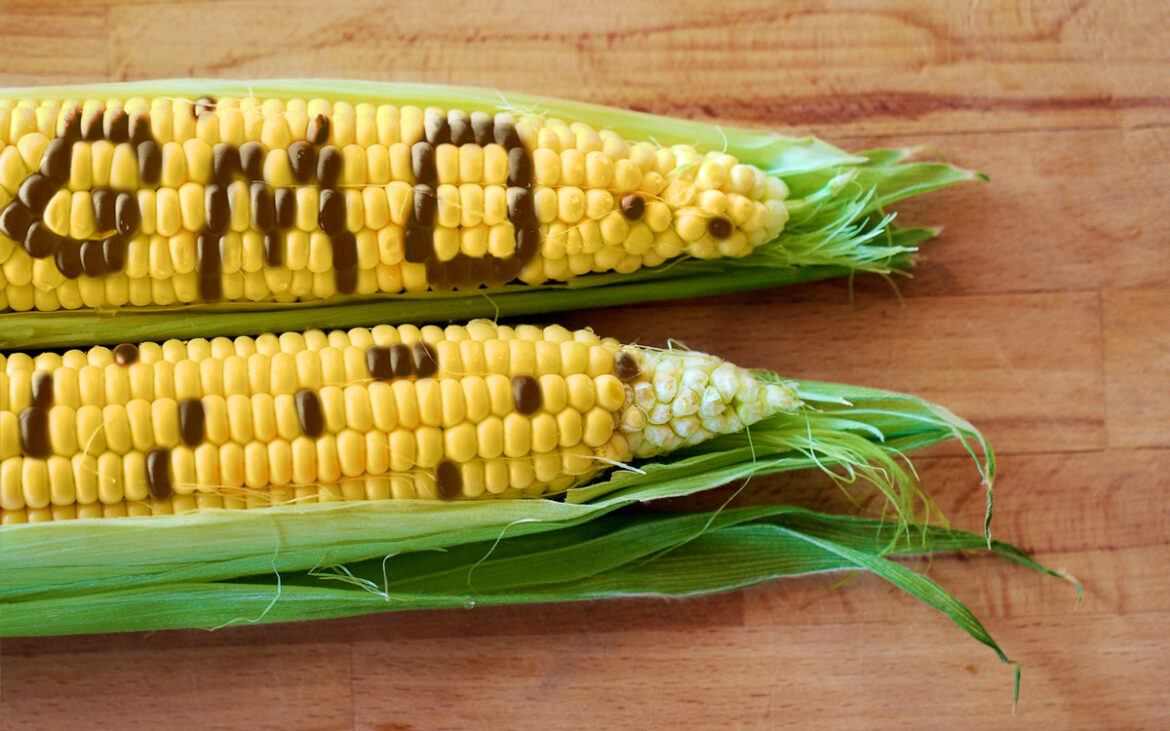In a 21-page ruling, the High Court dismissed an application by the government to legalize Genetically Modified Organism (GMO) foods in the country. The case was before a judge bench of Justice Ali Aroni, Mohammed Warsame, and John Mativo.
According to the bench, the government application lacked merit and the public interest test was not met.
“The public interest test was not meant to stand alone or replace either of the two tests. In our opinion, the Supreme Court introducing the public interest consideration did not dislodge the other considerations. See in Law Society of Kenya v Bloggers Association of Kenya & 6 Others (2020) eKLR. In the end, we find no merit in the application as the applicants did not satisfy us on all three limbs,” read part of the ruling.
First Lawsuit

Mr. Paul Mwangi
The first lawsuit was filed by Mr. Paul Mwangi in October 2022 as he sued the government for lifting regulatory barriers put in place 10 years ago, and withholding public information on GMOs. Mr. Mwangi accused the government of mischief as its decision was hurried and would result in small-scale farmers’ and consumers’ rights violations.
Mr. Mwangi also stated that the Cabinet’s decision to allow GMOs in the country will result in the disappearance of indigenous seeds and open a highway for the commercial practice of protecting GMO seeds’ patent rights.
“Of particular concern is the imminent introduction into Kenya of crops developed using genetic use restriction technology (GURT), which is a technology involving the insertion of what is known as a “terminator gene” into seeds so that upon germination, the seeds ‘commit suicide’ and are therefore unable to pass any life after their harvest. The said harvest is thus incapable of being re-sown and cannot germinate into new crop.”
Second Lawsuit

The second lawsuit against President Ruto’s administration was filed by the Kenyan Peasants League in the same year. According to the group, the removal of the ban and regulatory restrictions imposed in 2012 was unprocedural and unlawful.
However, the ruling made yesterday on 25th May, does not bar the government from importing or distributing GMO crops and food. This will be achieved after the court hears and decides the case previously filed by the Kenyan Peasant League.
The state before the court claimed that GMO importation will help increase crop yields, especially after the worst drought the country has seen in the past 40 years. It also highlighted that GMOs can be engineered to resist disease and pests thus diminishing the use of herbicides and pesticides.
The government added that GMOs can be altered to improve nutritional content, hence improving public health.
Previous Government GMO Stand

In 2012, GMOs were banned by Former President Mwai Kibaki’s government and remained the same through President Uhuru Kenyatta’s tenure. During last year’s court proceedings, Mr. Mwangi shed some light on the matter.
“The last two administrations had, following the ban imposed by the 2012 Cabinet decision, developed regulatory protocols that had seen the structured introduction in the country of at least one food crop and one cash crop developed through genetic modification without prejudicing the rights and freedoms of the people of Kenya and the Bill of Rights”
The government argued that the appeal will be rendered invalid if the court does not lift the ban as Kenyans faced with starvation will be highly discriminated against.
Bill Gates Push for GMO Foods in Africa
Bill Gates has been advocating for GMO food and seeds to be introduced in Africa for years to curb hunger. According to United Nations International Children’s Emergency Fund (UNICEF) statistics in 2022, 4 million Kenyans including 1.4 million children have hampered access to safe drinking water and nutritious food.
Last year, Bill Gates told the media at the University of Nairobi that he supports GMO foods as they are disease resistant and more productive.
“99.9 percent of crops in the West are GMO. Every piece of bread I have ever eaten is from GMO-modified wheat. Every piece of corn I have also eaten is GMO corn, products that are proven.”
However, his statements contradict the USDA report which states that wheat sowing lost ground to coarse grains and oil seeds because of technological innovations that improved production prospects of soybeans and wheat.
As a result, no GMO wheat is commercially grown in the United States because food processors in Europe and the U.S. know consumers’ perspectives on products containing genetically modified wheat.
This comes after Argentina became the first country in the world to approve genetically engineered wheat for cultivation and consumption in October 2020, with other nations like Nigeria following suit.
GMOs have brought about mixed reactions after a study showed that rats fed for two years with genetically modified maize developed tumours and died.
What is your take on GMO foods and seeds in your country?
Let us know what you think in the comments and keep it C.O.K., as we continue to follow the story.




